When the noise online matters just as much as the noise in the stands, how do you break through? Sidelines speaks to the sports marketing experts trusted by Red Bull, PSG, and UFC to manage their brand.
Like it or not, in a world where everyone’s smartphones are an extension of their body and their thumbs say more than their mouths, fan loyalty begins online. It’s not enough to succeed in front of those in the stands – global sports brands like UFC, NBA, and Red Bull are realising they need to reach the people behind the screens too.
This is why they have turned to multi-award-winning sports marketing agency WePlay to accelerate their performance, build global campaigns and grow their fan engagement.
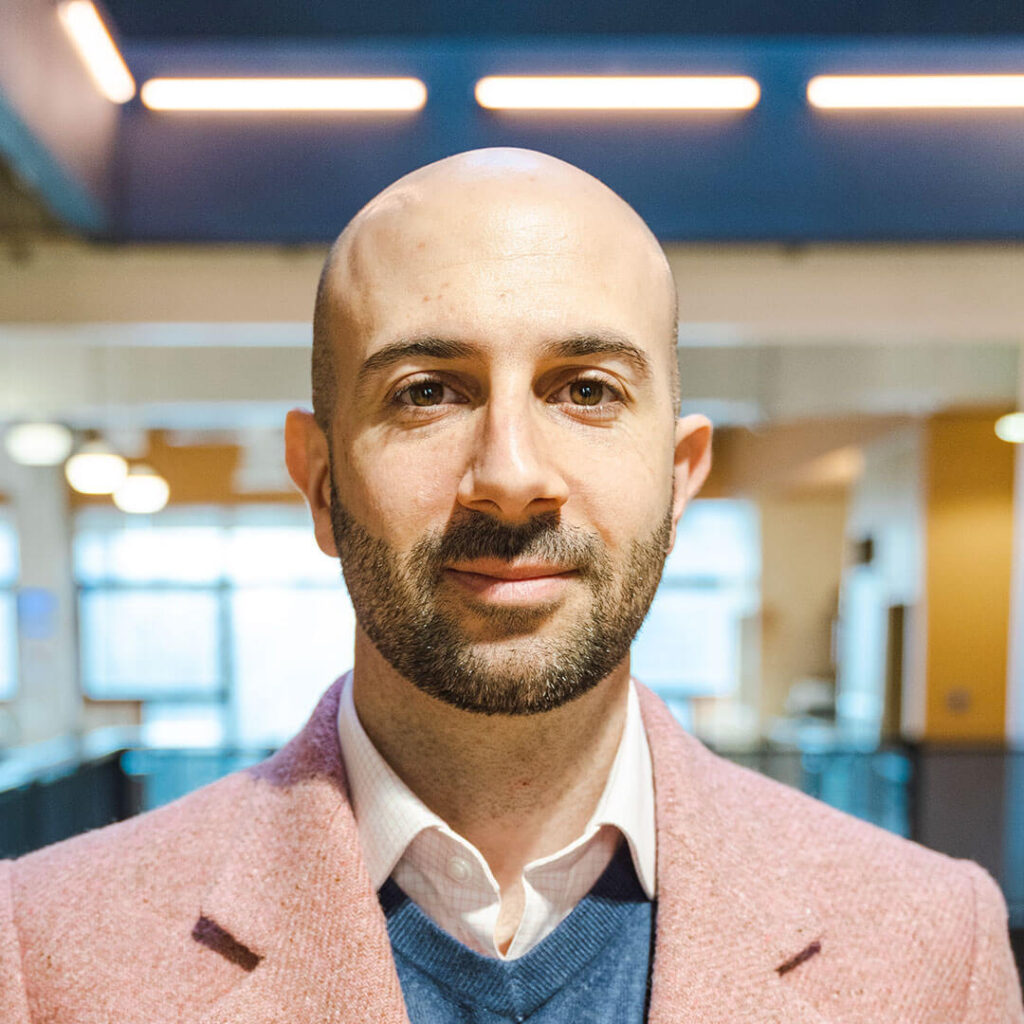
Luca Massaro is the CEO and founder of WePlay. He’s responsible for the vision and direction of the business and is the mind behind their emotionally crafted campaigns.
“You could say that our role is about helping brands connect with fans, and we do that via what we call moments that matter,” says Massaro.
“We live in something called the attention economy, where attention is the most important currency.”
When scrolling, reading, listening and consuming content online is a constant habit, people become immune to the noise.
Brands are in a battle for the attention of their fans, and exclusive insight and powerful imagery on social channels and websites are WePlay’s weapons of choice.
“Brands need to be able to become relevant just for that second for you to listen, watch, and consume their message,” Massaro says.
“Once we’ve got fans’ attention, then we can look to do things with it, such as building brands and engagement.”
This online engagement is crucial for sports as it attracts new sponsorships, shapes identity and increases ticket sales.
But how do you attract fans, and how has WePlay caught the hearts of so many?
“It all comes down to understanding the fans, their behaviour, their understanding and most importantly, their emotions,” Massaro tells Sidelines.
“We talk about what we call marketing biology, which is how you understand the heart versus head dilemma and how you understand and create content that is art and science combined.
“There are different behaviours and types of audiences, from a hardcore fan to a casual fan. They’re all from different markets, different countries, and different ages, so it’s about tapping into an emotion and pulling on the heartstrings because everyone is driven by emotion and an emotional interest in their sport.”
By tapping into a fan’s emotions, Massaro and his team create the special ‘moments that matter’, which then allow them to create and tell a unique message to a large volume of fans.
“If you don’t have an agency that really understands the attention economy, and how to use the different elements of that platform, the creative, the message, the scientific targeting, the audience understanding, you can become very irrelevant very quickly,” says Massaro.
“That’s why what we do is critical and why our work has such an impact.”
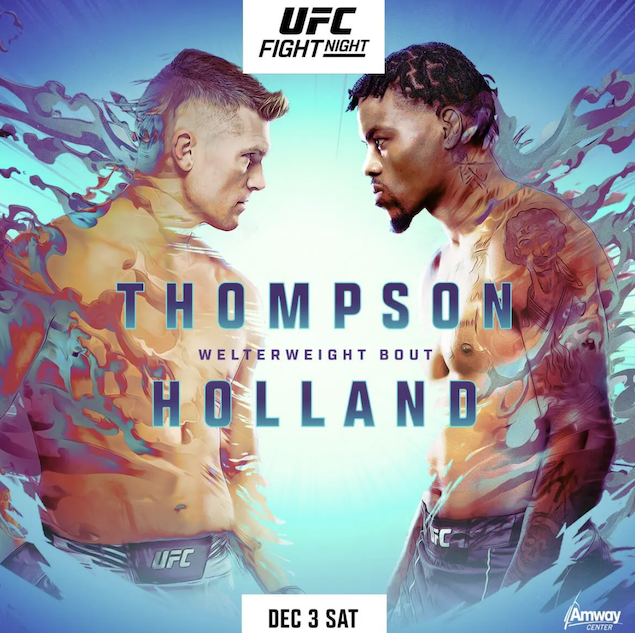
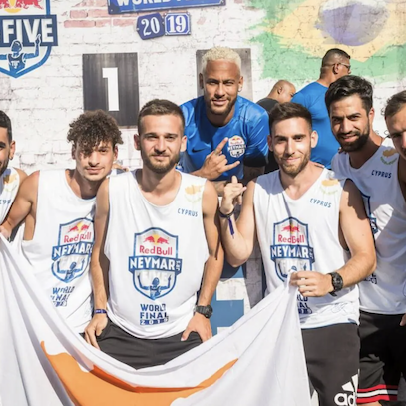

Massaro reflects on the high-profile clients WePlay has worked with since taking the idea for the sports marketing company from his living room to the bright lights of Las Vegas in 2019, from a partnership with UFC to an advertising campaign for Red Bull, fronted by Neymar, which helped them reach a younger audience.
He also gives Sidelines insight into how he’s helping Paris Saint-Germain transform from a ‘Galactico’-led brand – fronted by the star power of players like Messi, Neymar, and Mbappé – to an era of “youth and innovation.”
“A lot of fans stopped following them after those superstars left, but now they’re having their fastest period of growth in many years.
“They have PSG Labs, which is an innovation centre that we’re working on. We’ve got PSG Discord, which is a whole work stream about reaching and engaging people through gaming. We’ve got the Jordan range that we’re activating, which is their partnership with Nike Jordan, and then there’s women’s football we’re doing with them as well. So, yeah, there’s a lot of cool stuff coming up.”
“I love this project and I like that we’re very much a key part of it.”
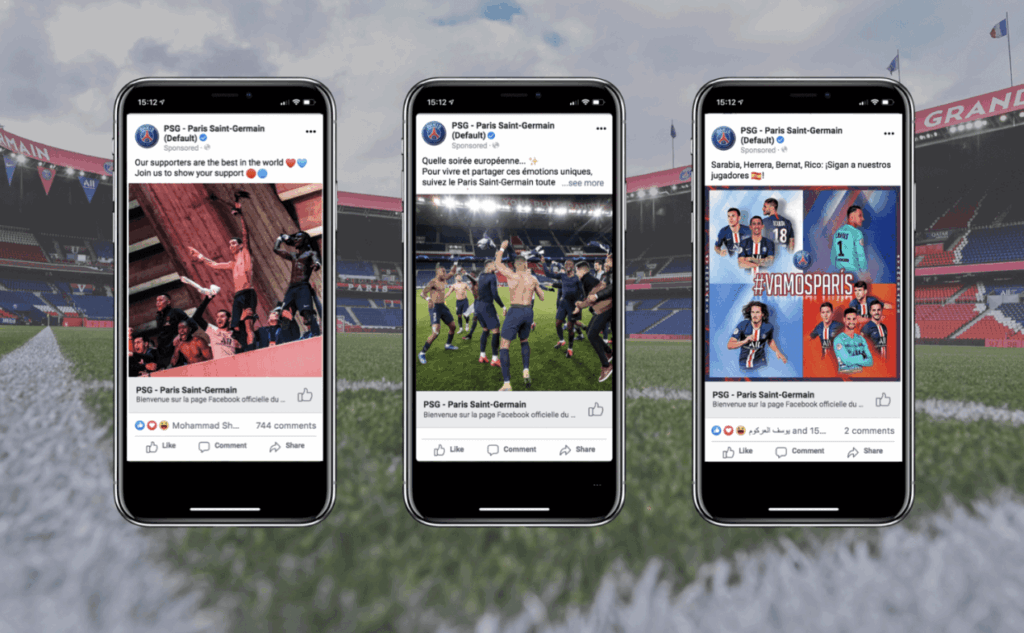
Massaro admits he knows “pretty much everything there is to know about how you market football,” having worked in elite-level football for 15 years, so it’s no surprise that a huge brand like PSG trust WePlay’s advice. However, their repertoire extends far beyond football. Another of their most recent ventures is the creation of a growth strategy for Longines Global Champions, a global equestrian sports event.
“The diversity of sports we work with teaches us a lot about the different audiences that follow different sports and play different sports, and it’s a great educator for marketers who are constantly learning,” says Massaro.
“We’ve only been working with equestrian for two years, and the relationship between human and horse is something I didn’t even think about or even understand until we started working in that sport.”
With everyone from fighters to fillies tapping WePlay up for their sports marketing services, Massaro’s journey from a two-person company in his living room to the bright lights of Las Vegas teaches sports brands an important lesson: success is about more than how you perform; it’s how you’re perceived.
Sidelines Recommends
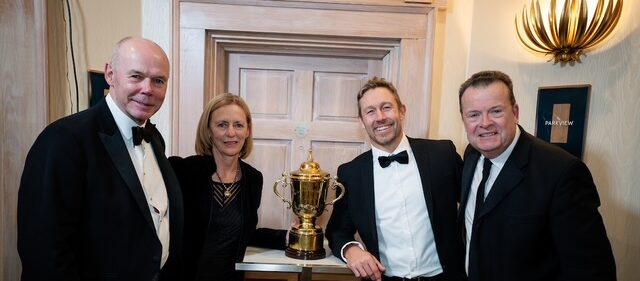
From pitch to press: the media training mastermind
After winning the Rugby World Cup in 2003, England’s fight wasn’t over yet with the storm of the press still waiting. Sidelines speaks to the man who helped them navigate the media frenzy and ensure their victory was celebrated both on and off the field. For many…

Creating in chaos: the man behind the graphics at Sky Sports
Sky Sports is one of the UK’s breaking sports news powerhouses – but it’s not just the pundits on screen who make it happen. Each transfer and tribute needs visuals carefully curated, which is where Liam Harrison comes in. Graphic designer feels a small word for what…
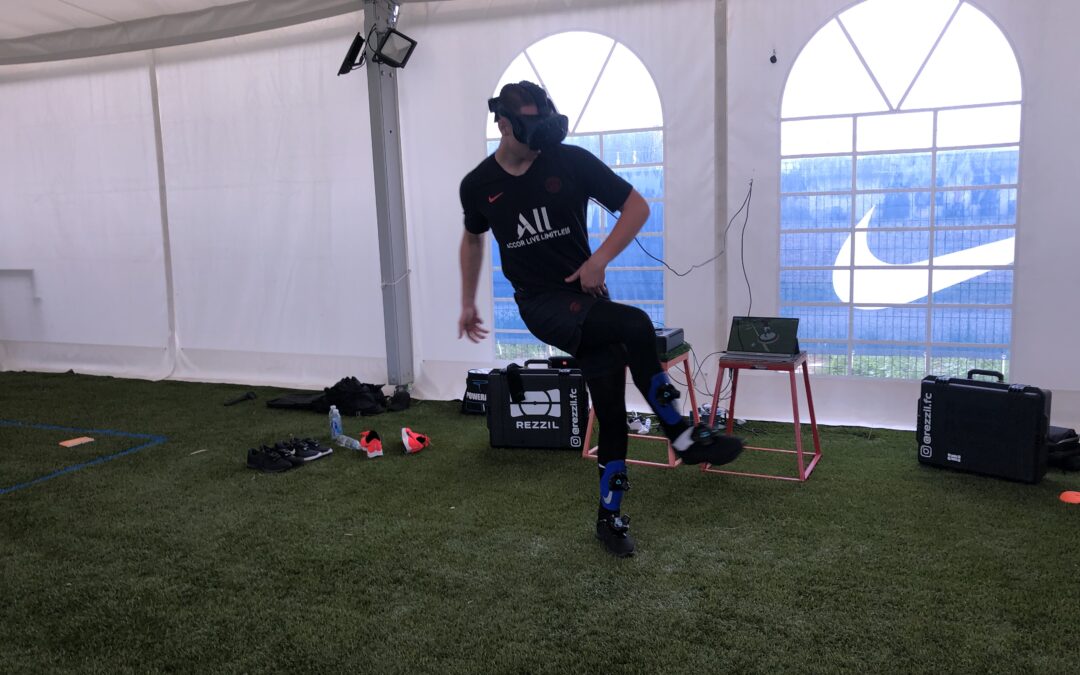
The virtual advantage: how VR is revolutionising sports training
How is virtual reality influencing the way athletes train and level up their game? Sidelines dives into the future of sports training.




